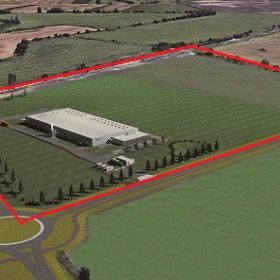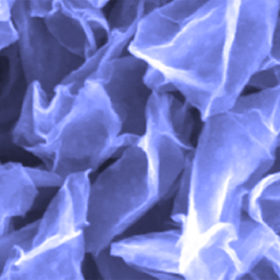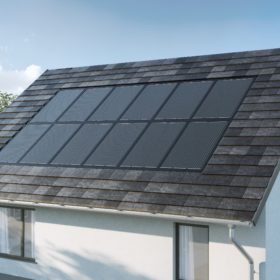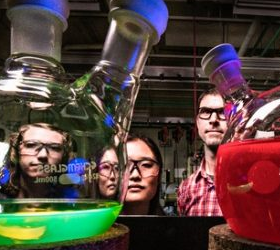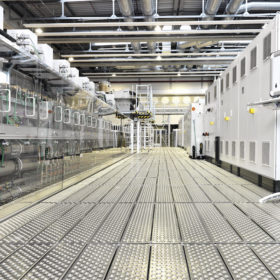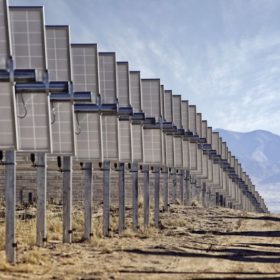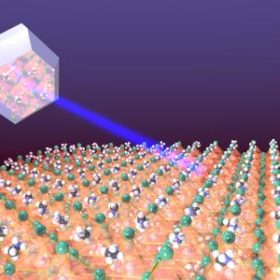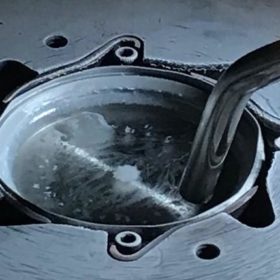Japanese battery maker to start production in Hungary
Lithium ion (Li-ion) manufacturer, GS Yuasa has announced plans to establish a European subsidiary, and to construct a new manufacturing plant for lithium batteries in Miskolc, Hungary.
AEE outlines key cyber security threats, as energy goes digital
A new report published by the U.S. Advanced Energy Economy Institute (AEE) identifies the biggest threats, and challenges for regulators, policymakers, technology providers and other players in protecting rapidly evolving energy systems from cyberattacks.
Scientists develop porous scaffold to boost battery capacity
Researchers from Northwestern University’s McCormick School of Engineering worked with a graphene structure, the particles of which resemble ‘crumpled paper balls’, and have created a scaffold onto which lithium atoms can be deposited.
Nissan launches home energy solution in the UK
The Japanese car manufacturing giant has announced the imminent launch of an all-in-one home energy solution, including solar panels, a battery and an energy management system.
NREL scientists observe perovskite degradation at nano-scale
A team from the U.S. National Renewable Energy Laboratory (NREL) has developed a novel microscopic technique, which enables them to observe degradation in perovskite materials at the nano-scale, and pinpoint key areas for attention in their efforts to improve the stability and durability of the material.
Leading research institutes to collaborate on flexible CIGS
Two of Europe’s leading research institutes, Germany’s Centre for Solar Energy and Hydrogen Research Baden Württemberg (ZSW) and the Institut Photovoltaïque D’Île de France (IPVF) have announced plans to closely cooperate in researching concepts for flexible solar cells utilizing CIGS technology.
Chinese researchers develop new gas-solid perovskite process
In another attempt at cracking the perovskite stability problem, scientists from China’s Liaocheng University and Hefei University of Technology have developed a new gas-solid process for the creation of perovskite thin films, which they say can lead to improved stability and response time.
TÜV Rheinland: Centralized tracker architecture can reduce LCOE
A report published by TÜV Rheinland, which was commissioned by tracker manufacturer, Array Technologies, shows that centralized tracker systems such as those offered by Array Technologies offer an LCOE advantage over other, decentralized system architectures.
Harvesting energy from ‘hot’ electrons could boost perovskite efficiency
Scientists from the University of Groningen have discovered a tin-based perovskite material in which electrons retain high energy levels for much longer than previously. This discovery could allow for the creation of very high efficiency perovskite cells, by eliminating a large portion of energy loss through heat.
Scientists develop laser evaporation process for thin film deposition
A group of researchers from Duke University in the U.S. has developed a new coating process for the creation of hybrid thin film materials. The researchers say their process allows for the creation of solar materials that have until now proven difficult or even impossible to make.

